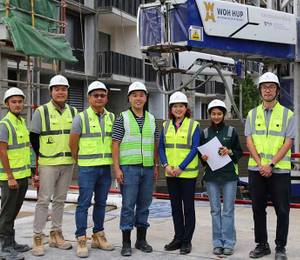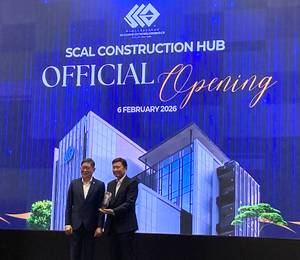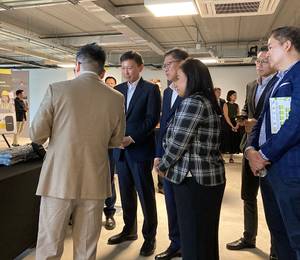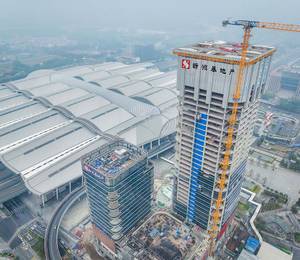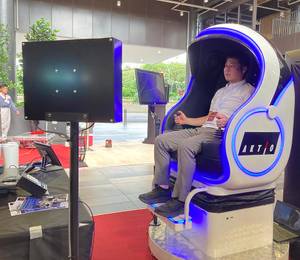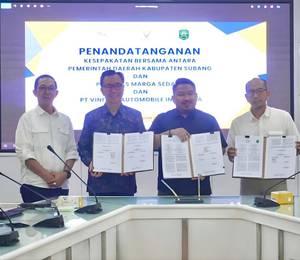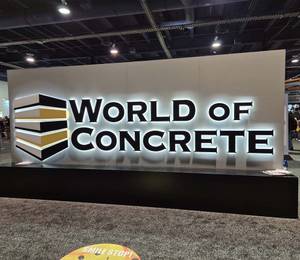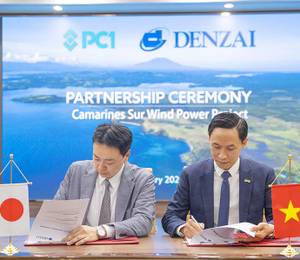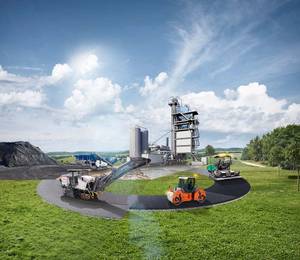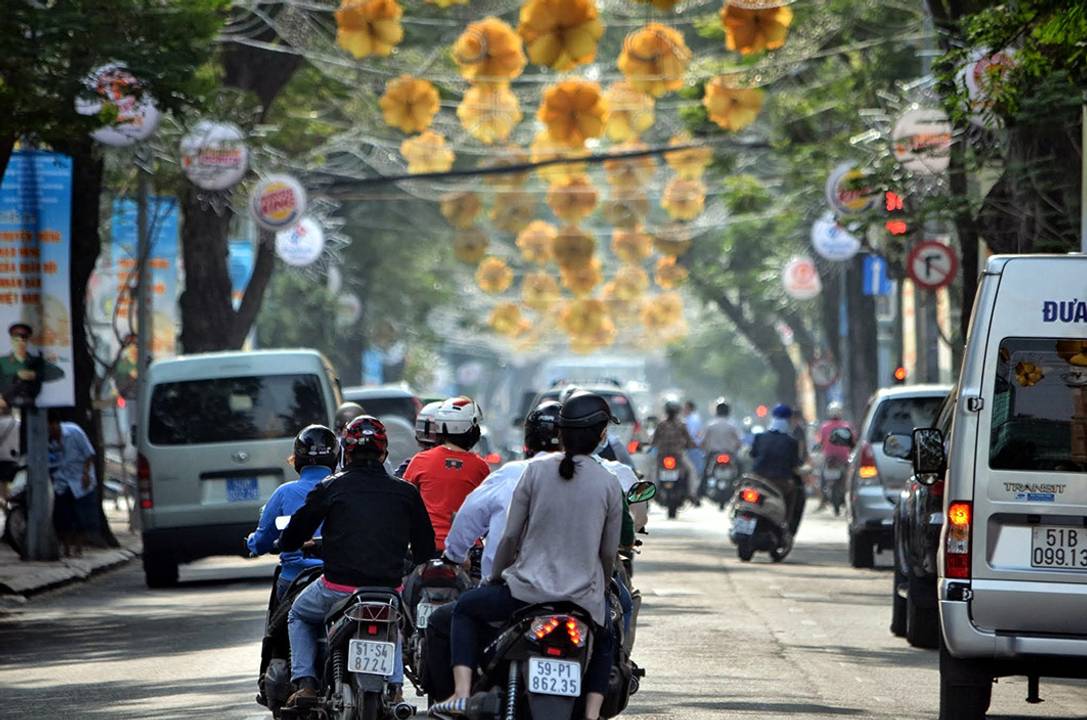Arup has been commissioned by the World Bank to develop an electric mobility (e-mobility) roadmap for Vietnam to scale up its electric vehicle deployment, while also facilitating the uptake of renewable energy and supporting the development of industries in the e-mobility ecosystem.
“Vietnam has experienced rapid economic growth since the 1990s and its development in recent years is remarkable. Going forward, the country is also facing challenges including a growing demand for vehicle ownership, traffic congestion, severe air pollution and increasing dependence on imported fuel,” explained Arup. “Meanwhile, the Vietnamese government has committed to a reduction of its greenhouse gas (GHG) emissions by 25% by 2030 as part of the Paris Agreement.”
Arup highlighted that since the transportation sector is the main contributor to GHG emissions, promoting e-mobility is one of the most important interventions to address these challenges and mitigating climate change. With this appointment, Arup will present a roadmap that provides options for the Vietnamese government to consider at the national level and a downstream implementation approach for a selected pilot city.
“This study will identify gaps in policy and regulation, power system, electricity transmission, distribution network and industrial capacity that might hinder e-mobility development. To address these issues, we will leverage our global experience to conduct benchmarking analysis on countries that have made significant progress in electric vehicle uptake and share similar development priorities.”
According to Arup, a market assessment will be conducted to obtain a rough estimate of a credible electric vehicle market size, recognising that two-wheelers (motorbikes) could be the dominant market segment given its wide usage in Vietnam. “We will then evaluate the impact on grid and electricity demand, and suggest areas to consider in electricity generation and low carbon transition.”
Arup further explained that the study will develop strategies in deploying charging infrastructure, consideration of mobility patterns, land use, planning codes and grid distribution. “In addition, we will advise the government and key stakeholders on institutional integration, industry engagement and capacity development around digitalisation.”
“Following our collaboration on a bus network restructuring project in Hanoi and green mobility study in Cambodia and Laos, we are excited to work with the World Bank again to bring another strategic credential in green transport and low carbon city development in Southeast Asia,” said Corey Wong, associate director in transport consulting at Arup.
Lian Duan, senior engineer and project manager at Arup added, “We’re proud to be able to utilise our multidisciplinary expertise in transportation, energy, power system, industrial development and investment advisory, to help accelerate Vietnam’s e-mobility and contribute to the country’s climate mitigation plan.”
Photo 1 © Hai Dao/Pixabay
Photo 2 © Laurelnurse/Pixabay

